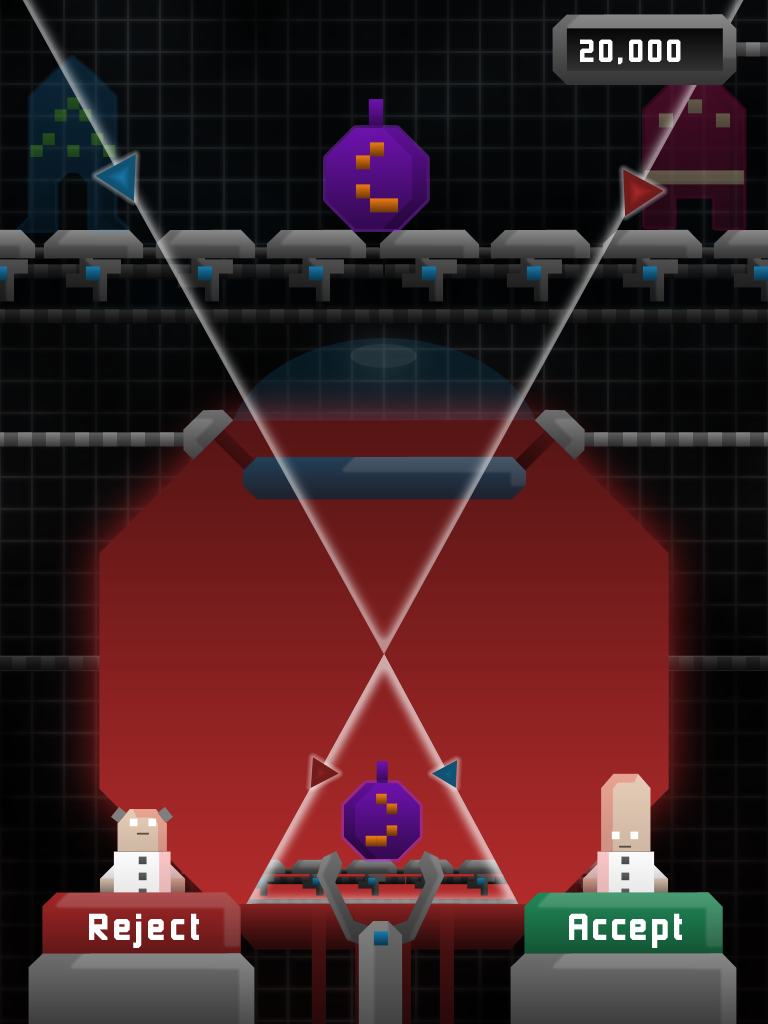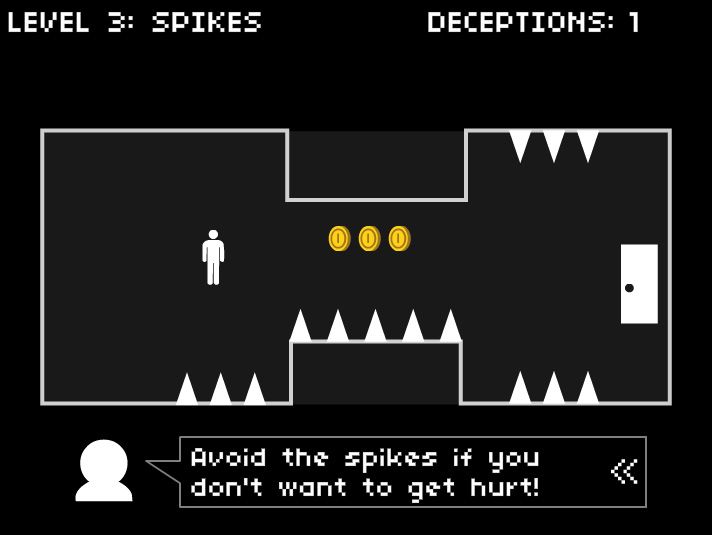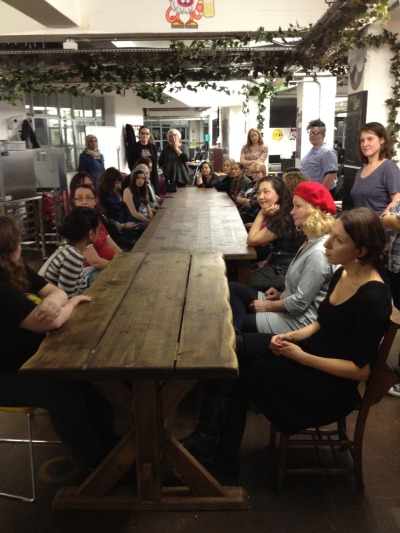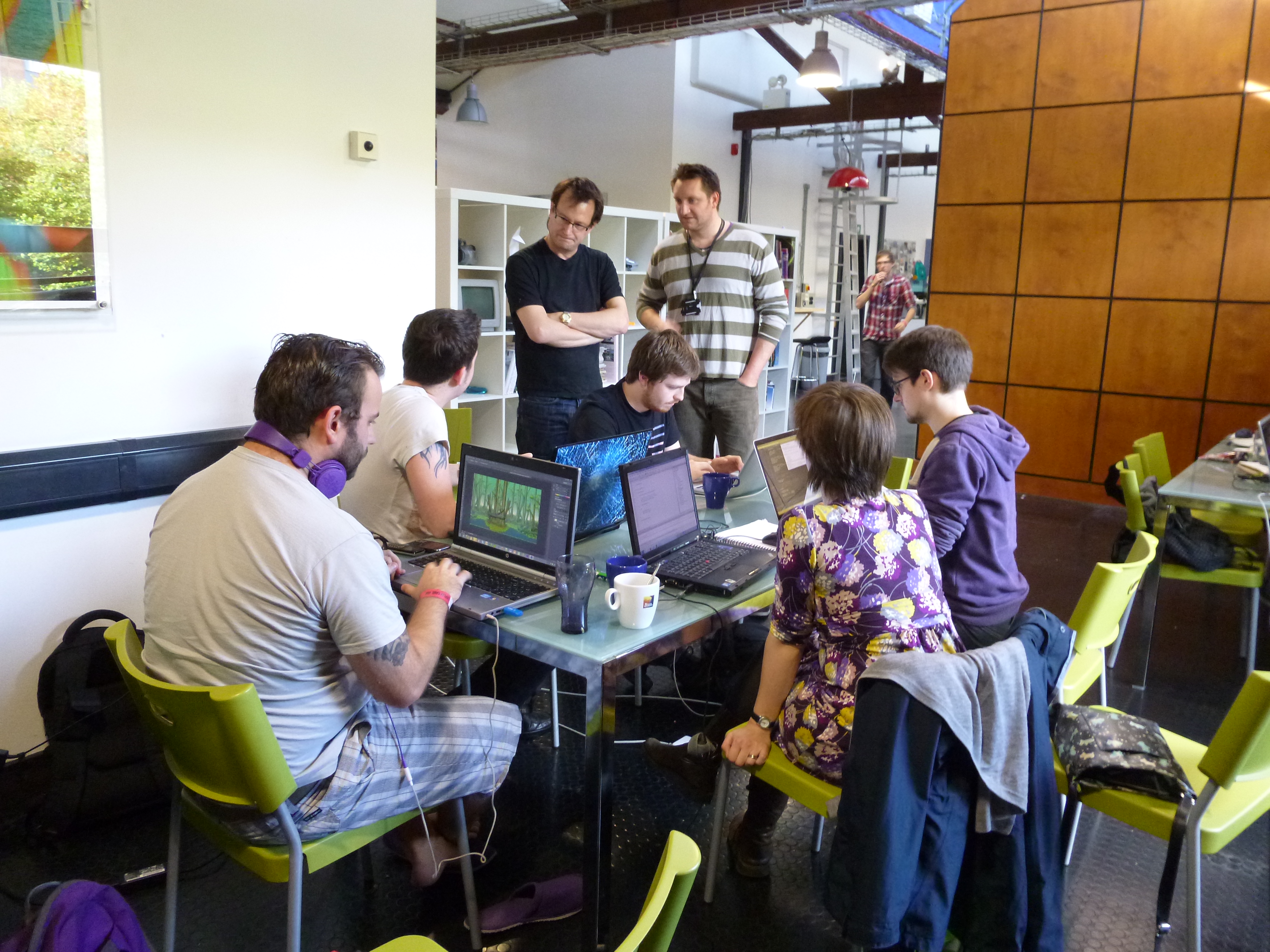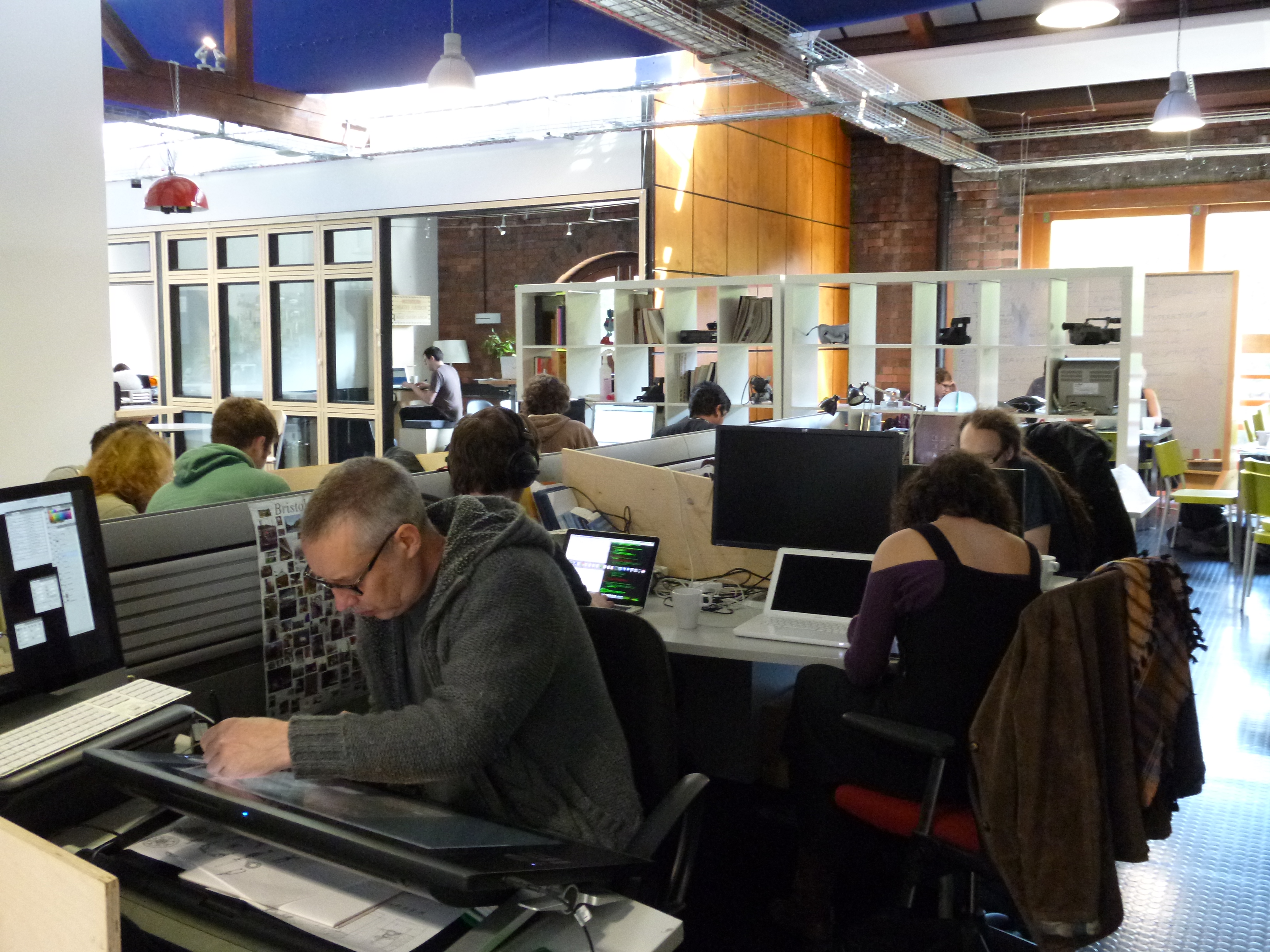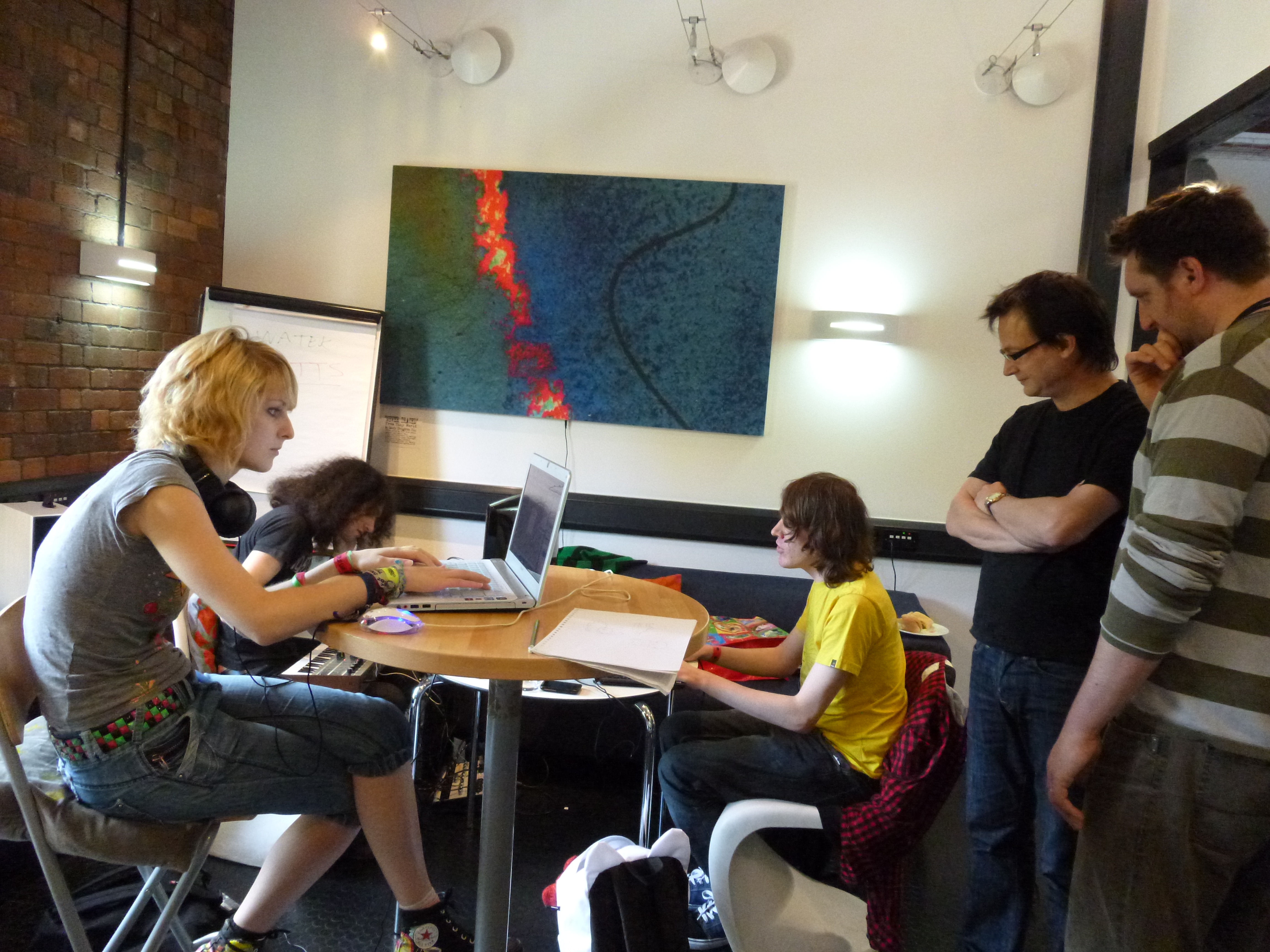Royal Society invites online gamers to vote for their favourite science inspired game
/Online gamers and visitors to the Royal Society Summer Science Exhibition are today being invited to vote for their favourite science inspired game. Gamers will be able to play and then vote for one of four games developed at a 12 hour Game Jam hosted by the Royal Society in May. The Game Jam saw scientists taking part in this year’s Summer Science Exhibition team up with experienced games development studios to bring the science behind their exhibits to life.The games can be played online on the Royal Society Summer Science Exhibition website or found as free PC downloads via the IndieCity website. They will also be available to play at special games stations throughout the Summer Science Exhibition at the Royal Society.
Players will be encouraged to vote for the game that they think is the most fun, playable and explains the science best. The game with the most votes will receive funding to be developed further - perhaps by adding another level or extra characters or making it available on more devices. Voting closes on Sunday 7th July. The games competing for further funding are:
- A Pinch of Salt: an ocean set 3D game which sees players pilot an ocean glider and measuring sea salt and trying to cover as much ground as possible in a limited time, developed by Kanko and the University of East Anglia.
- Cell Invaders: a puzzle-action game exploring the complex life of sugars, developed by Robin Baumgarten, Gorm Lai, Benjamin Donoghue and the University of Manchester.
- Out Both Ends: a biomedical puzzle game about identifying the source of an outbreak of disease, developed by Opposable Games, Force of Habit and the Wellcome Trust Sanger Institute.
- Quantum Revolution: an excitement packed space shooter game based on quantum physics, developed by Bossa Studios and Toshiba Research Europe Ltd.
Professor Peter Sadler FRS, chair of the Royal Society Summer Science Exhibition selecting committee, said: “We’re delighted that our first ever Summer Science Exhibition Game Jam was such a success. It was great to see the enthusiasm with which scientists and developers alike approached the gruelling 12 hour Game Jam. The games that they were able to develop in such a short time are absolutely fantastic. The Summer Science Exhibition is all about communicating the wonders of science to the public in new and exciting ways. I’ve certainly had a wonderful time trying out all of the games and I look forward to seeing which game triumphs in the public vote!”
Unity Technologies, a games development software company, has supported the Royal Society in designing and running the Game Jam, through Unity, the flexible and high-performance development platform used to make creative and intelligent interactive 3D and 2D experiences. The Royal Society is partnering with indie game distribution portal, IndieCity, to share the games produced at the jam. The vote’s Twitter hashtag is #RSgamejam
Auroch Digital produced the event and also developed a game for one of the exhibitions, Zombeetle & The Fossil Colour Quest.
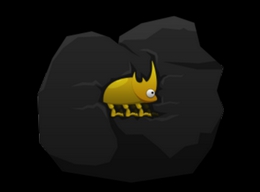
Some links to this:



